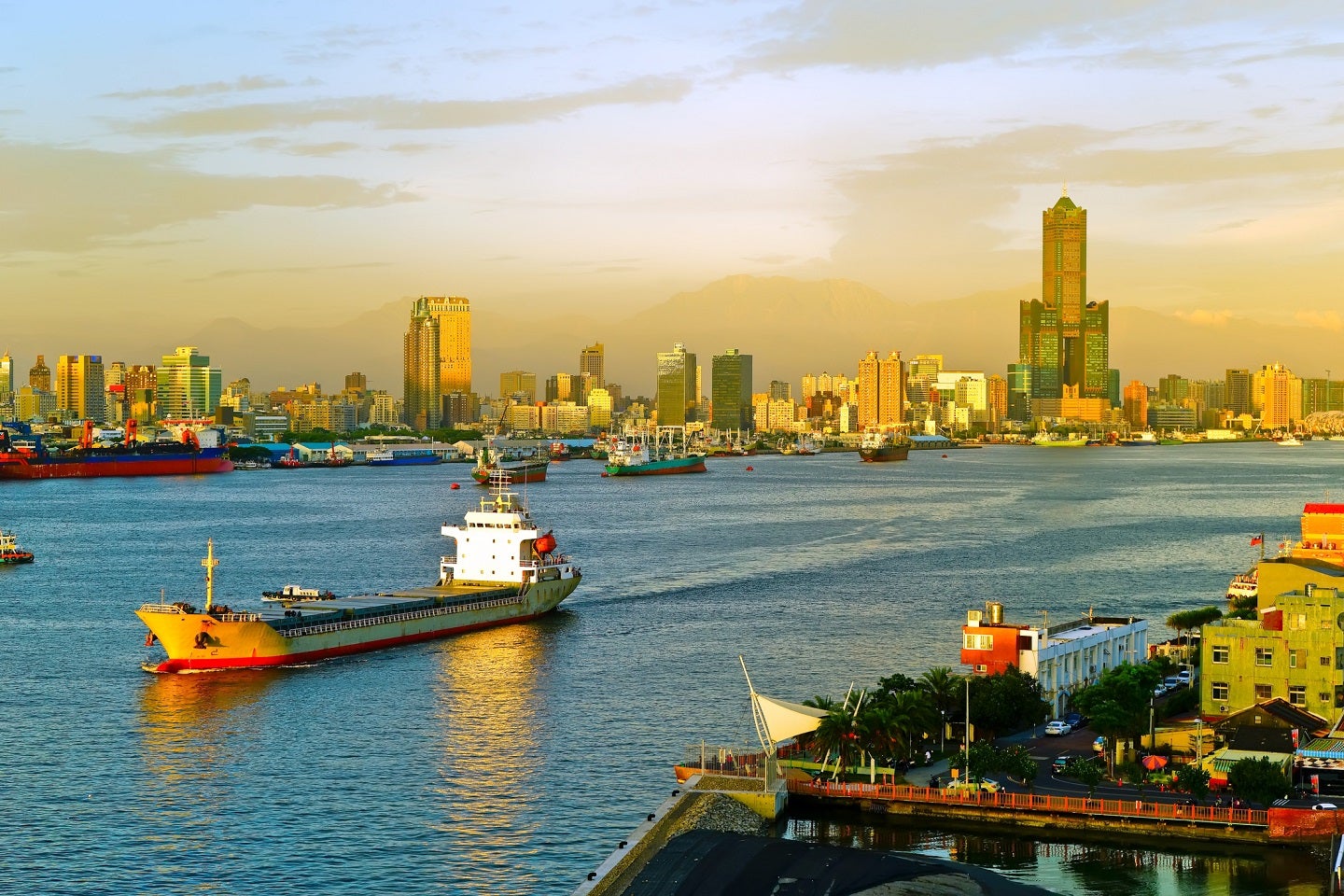
The EU foreign policy chief, Josep Borrell, has begun to break the divide in Europe over China’s military aggression.
In an article in the French publication Le Journal du Dimanche on 22 April 2023, the EU security chief wrote: “Europe must in fact be very present on this issue [of Taiwan] which concerns us economically, commercially and technologically.

Discover B2B Marketing That Performs
Combine business intelligence and editorial excellence to reach engaged professionals across 36 leading media platforms.
“I call on European navies to patrol the Taiwan strait to signify Europe’s commitment to freedom of navigation in this absolutely crucial area.”
This statement was made from the heart of the EU that could break the dead weight on Europe’s response to the threat of China’s military agrression against neighbouring autonomies across the Indo-Pacific region.
Borrell will chair a meeting with other EU member states on 24 April, where EU-China relations will be a topic of discussion.
Europe splits
Borrell’s statement follows a split between countries on the continent, which the Polish prime minister Mateusz Morawiecki described in a conference at the Atlantic Council while visiting the US on 13 April.

US Tariffs are shifting - will you react or anticipate?
Don’t let policy changes catch you off guard. Stay proactive with real-time data and expert analysis.
By GlobalData“The wake-up call to China is very soft [and] very weak across the European Union and you could see this over the past couple of weeks,” Morawiecki stated.
Morawiecki made reference to the French president Emmanuel Macron’s visit to Beijing earlier this month, where he sought to consolidate trade relations with China amid the country’s campaign to encroach on its neighbours. The Polish prime minister believes that Macron’s intent was to divert from US influence, which the French president believes is directing Europe’s foreign affairs.
China’s state-sponsored English-speaking news outlet, the Global Times, considered Borrell’s call to deter China directly in the strait as having “caused huge controversy”. The Global Times article also considers the EU chief’s call to arms in the region demonstrates how “the influence of the US still lingers”.
US influence
While the resistance to US authority in Europe’s geopolitical affairs is one factor that led to France’s attempt to build warm relations with China, it certainly does not mean that it has influenced Borrell’s recent stance. Instead, it indicates the opposite.
Calling for European naval presence in the region demonstrates his policy to contain the threat of China in one of the most heated geopolitical hotspots in the world today. The direct involvement of the EU does not divert from US policy, but instead it could be seen as a way of trumping the leading posture that the US has had on all things China-based.
This is a unique statement as it is an expression of European self-determination that resists US authority while also challenging China’s military aggression. It is certainly a unique approach that allows Europe to save face politically, while acting to safeguard to rules-based order.
“[I]f China does not directly threaten our security, it constitutes a multidimensional challenge for Europe given its systemic weight in the world which has nothing to do with that of Russia,” Borrell added.
For the first time, this statement marks the moment that an EU official made an effort to break the deadlock on the union’s China policy. Borrell identifies the problems that China’s prospective supremacy poses to the sway that Europe will have in the near future.





